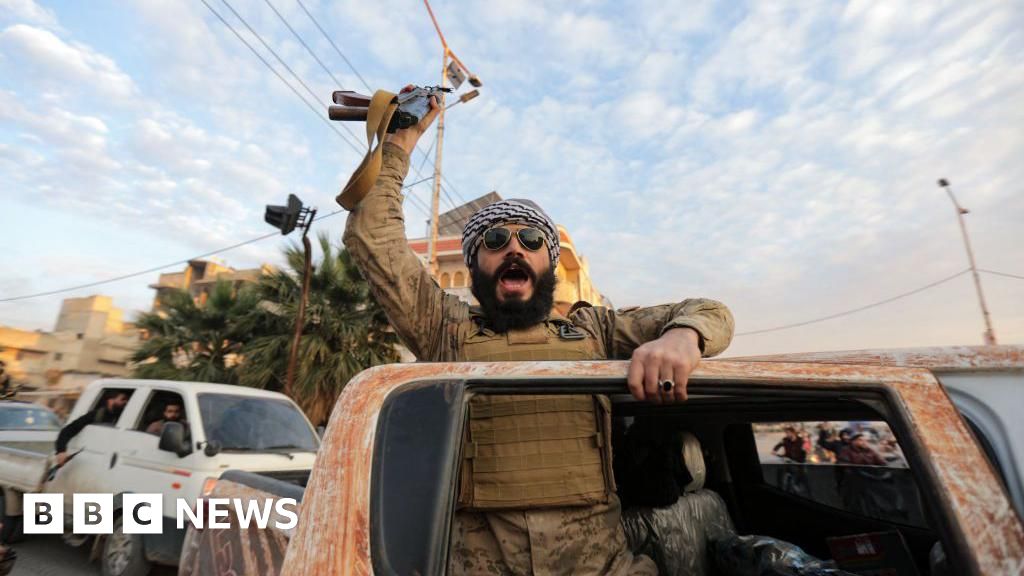President Assad has vowed to “crush” the rebels and accused Western powers of trying to redraw the map of the region, while his key allies Russia and Iran have offered their “unconditional support”.
In the past, President Assad relied on Russia and Iran to crush his opponents.
Russian warplanes have intensified strikes on rebel-held areas, Iran-backed militias have sent fighters to reinforce the government’s defensive lines, and Iran has said it is ready to send additional forces to Syria if asked.
But with both allies preoccupied with their own affairs, it is unclear how – or if – he will be able to stop an advance that could threaten his government’s survival.
Meanwhile the UN has said the fighting is also “worsening an already horrific situation for civilians in the north of the county”.
An estimated 280,000 people have been displaced, most of them women and children, and some civilians are trapped in front-line areas unable to reach safer locations.
In Aleppo, a city of two million people, some public services and critical facilities – including hospitals, bakeries, power stations, water, internet and telecommunications – are disrupted or non-functional because of shortages of supplies and personnel.
UN Secretary-General Antonio Guterres urged “all those with influence to do their part” to end the civil war.

